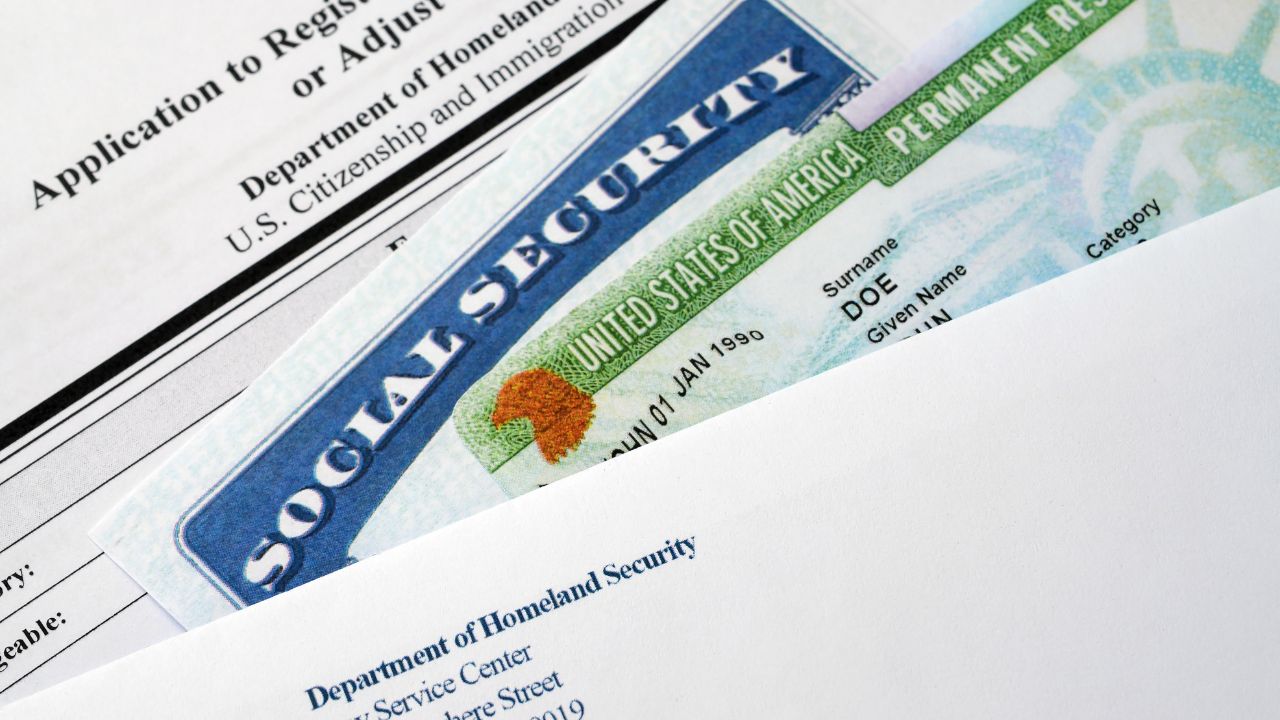
If you’re considering working and living in the United States, you’ve likely come across two major immigration options: a Green Card and a Work Visa. While both allow you to stay in the U.S. legally, they serve different purposes, have distinct benefits, and come with specific legal implications. Immigration lawyers stress the importance of understanding these differences before making a decision.
This article will break down the key differences, advantages, and legal insights on Green Cards and Work Visas to help you make an informed choice.
What Is a Green Card?
A Green Card, officially known as a Permanent Resident Card, grants the holder the right to live and work permanently in the United States. It is an immigrant visa, meaning that once issued, the holder has the legal right to reside in the U.S. indefinitely, with certain obligations and privileges.
How to Obtain a Green Card
There are several ways to qualify for a Green Card, including:
- Family Sponsorship – If you have a close relative who is a U.S. citizen or Green Card holder, they can sponsor you.
- Employment-Based Green Card – Certain job categories and employers can sponsor foreign workers for permanent residence.
- Diversity Visa Lottery – A lottery program that grants Green Cards to individuals from underrepresented countries.
- Asylum or Refugee Status – Those fleeing persecution in their home countries may be eligible for a Green Card.
Benefits of Having a Green Card
- Permanent Residency – You can live and work anywhere in the U.S. without restrictions.
- Path to U.S. Citizenship – After five years (or three years for spouses of U.S. citizens), Green Card holders can apply for naturalization.
- Freedom of Employment – Unlike work visa holders, Green Card holders are not tied to a single employer.
- Legal Protections – Green Card holders receive legal rights similar to U.S. citizens, including labor protections.
- Access to Government Benefits – Some social security benefits, Medicare, and financial aid options are available to Green Card holders.
What Is a Work Visa?
A Work Visa is a temporary visa that allows foreign nationals to work legally in the U.S. for a specific employer and for a limited duration. Unlike a Green Card, a Work Visa does not provide permanent residency.
Types of Work Visas
- H-1B Visa – For skilled professionals in specialized fields such as IT, engineering, and healthcare.
- L-1 Visa – For employees transferring within multinational companies.
- O-1 Visa – For individuals with extraordinary abilities in sciences, arts, or athletics.
- TN Visa – For Canadian and Mexican professionals under NAFTA/USMCA.
- E-2 Visa – For investors from treaty countries.
- J-1 Visa – For exchange visitors, researchers, and trainees.
Benefits of a Work Visa
- Legally Work in the U.S. – You can be employed by a U.S. company for a specified period.
- Temporary Stay with Flexibility – Some visas allow for extensions and status changes.
- Employer Sponsorship – Your employer handles much of the application process.
- Potential Path to a Green Card – Certain work visas allow for adjustment of status to permanent residency.
Key Differences Between a Green Card and a Work Visa
| Feature | Green Card | Work Visa |
|---|---|---|
| Duration | Permanent | Temporary (years vary by visa type) |
| Work Restrictions | Can work for any employer | Restricted to sponsoring employer |
| Path to Citizenship | Eligible after 5 years (3 if married to a U.S. citizen) | No direct path, but may transition to a Green Card |
| Sponsorship Needed? | Yes (Family, Employer, Lottery, etc.) | Yes (Employer usually required) |
| Government Benefits | Eligible for some | Limited or none |
Legal Considerations: What Lawyers Recommend
1. Assess Your Long-Term Goals
If you plan to build a life in the U.S., a Green Card is a better option. If you only need to work for a few years, a Work Visa might suffice.
2. Know Your Visa Options
Different visas come with unique eligibility criteria. An immigration attorney can help determine the best fit for your skills, job offer, and country of origin.
3. Understand the Application Process
Work Visas often require employer sponsorship and extensive paperwork, whereas Green Cards might take years due to backlogs in certain categories.
4. Stay Compliant with Immigration Laws
Overstaying a visa or violating terms can result in legal consequences, including deportation and bans on re-entry.
5. Consider Family Implications
A Green Card allows you to sponsor family members, while most work visas have limited options for dependent sponsorship.
Also Read: Get Your Work Visa Approved 3X Faster With These Lawyer Tips
Conclusion: Which One Is Right for You?
Choosing between a Green Card and a Work Visa depends on your career goals, long-term plans, and personal circumstances. If you seek stability and eventual citizenship, a Green Card is the best route. If your goal is short-term employment, a Work Visa is a viable option.
Consulting with an immigration lawyer ensures you make the right decision based on the latest laws and regulations.